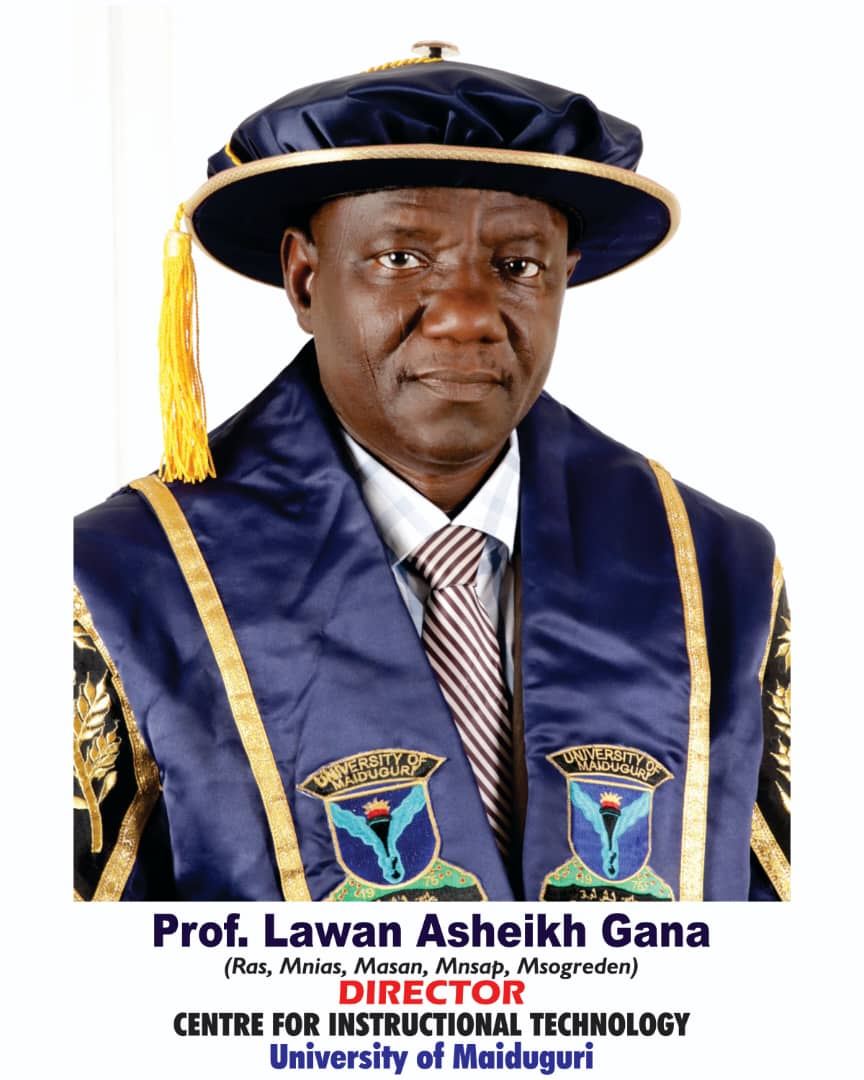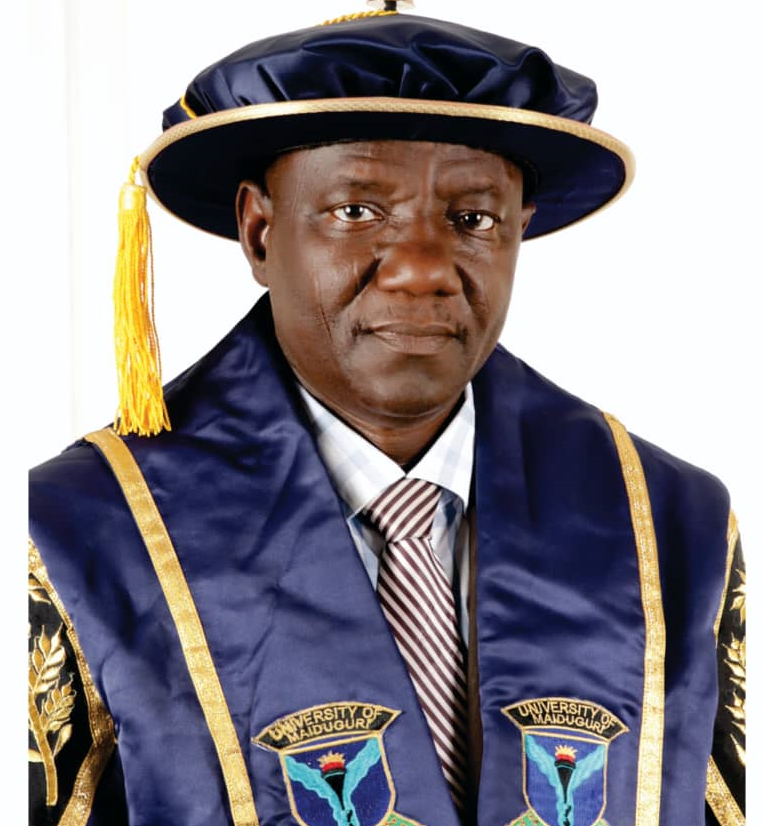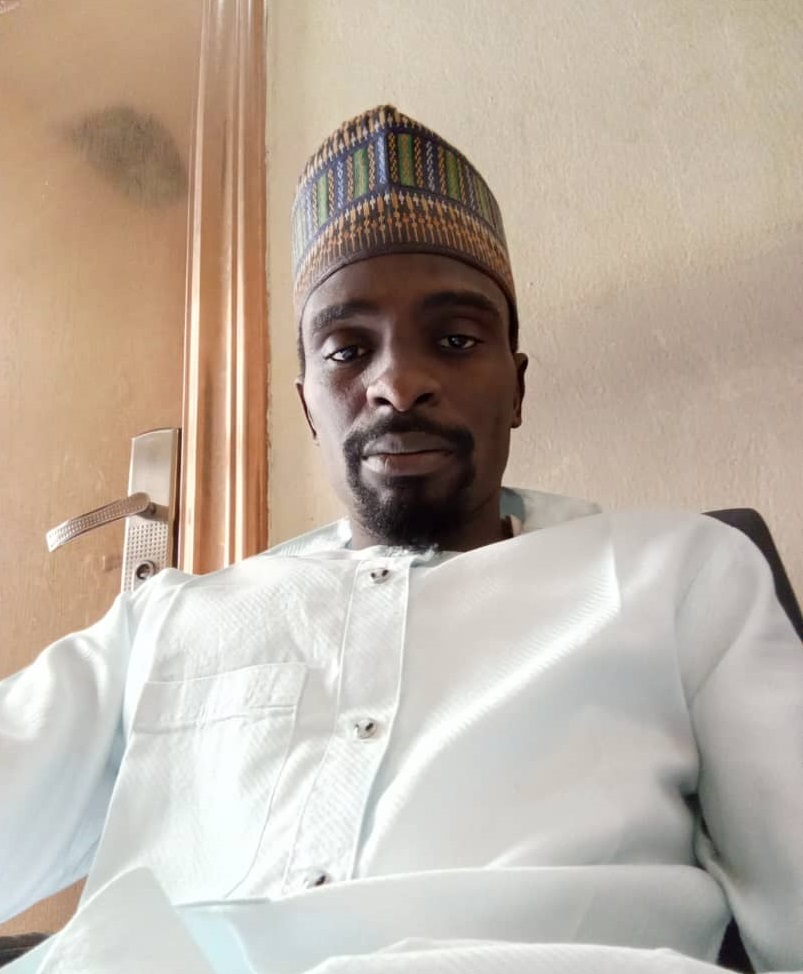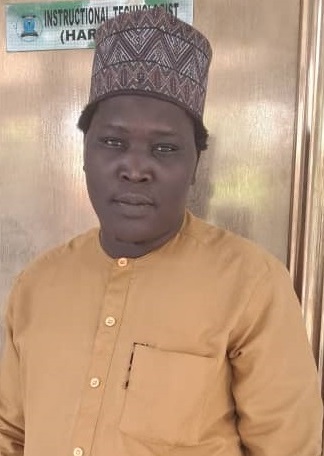Welcome To Centre for Instructional Technology
The University established the Centre for Instructional Technology (CIT) to integrate information and communication technology into the University’s teaching and learning environment. Its core mandate is to support the University of Maiduguri staff and students with highest quality of computing, multimedia and web services as teaching and learning tools in a sustainable manner. The Centre is envisaged to become the modern IT engine room of a modern University.

About the Current Director
List of Past Directors
| S/No. | S/No. | Name | Year |
|---|---|---|---|
| 1. | .jpg) |
Prof. Musa Isiyaka Ahmed | 2018 - 2020 |
| 2. |  |
Prof. Mohammed Laminu Mele | 2020 - 2021 |
| 3. |  |
Prof. Mohammed Aljumma | 2022 |
| 4. |  |
Prof. Asheikh Lawan Gana | 2022 - Date |
No Information
Laboratories and Studios at the Centre
To achieve its mandate, the Centre has two studios and ten IT based teaching and research laboratories. Though the Centre is in the process of being equipped, laboratory coordinators and studio managers have already been appointed.
1.)Courseware StudioThe unit provide services for all departments in the University and will collaborate with all academic, and in some cases non-academic, units of the University. The laboratory will serve as a learning, teaching and research stations/hubs for specific cluster of departments/programmes. The Manager Courseware Processing Studio (CPS) is responsible for managing the production and deployment of courseware from different departments: Manager Courseware Processing Studio (CPS) also coordinates and supervises the use of instructional resources, production of e-learning resources and any other related tasks as may be required. He together with his team will manage the online e-resources for all courses in the University. He is to work with the technical assistants comprising of programmers and data analysis from the Centre and other units of the University. More technical assistants can be assigned when suitable staff is eventually deployed or posted to the Centre.
2.)Telepresence Studio: The telepresence studio is designed for video telephony. Telepresence via video deploys greater technical sophistication and improved fidelity of both sight and sound than in traditional videoconferencing. Technical advancements in mobile collaboration have also extended the capabilities of videoconferencing beyond the boardroom for use with hand-held mobile devices, enabling collaboration independent of location. The technology puts the human factors first, focusing on visual collaboration configurations that closely replicate human brain’s innate preferences for interpersonal communications, separating from unnatural “talking heads” experience of traditional videoconferencing. These cues include life-size participants, fluid motion, accurate flesh tones and the appearance of true eye contact. This technology is used by many institutions today in Skype Web scheduling for staff and students, Polycom videoconferencing, Global classroom, Conduct of proxy classes, Interviews and Oral defence examinations for higher degrees. The Manager TPS will be responsible for organizing events requiring Telepresence, supervising the deployment and utilization of Telepresence and related resources. He will be assisted by IT staff from the Centre. He will work closely with the Manager, CPS for synchronous or asynchronous production and deployment of lectures and other multimedia e-learning resources.
3.) Bioinformatics Laboratory:The bioinformatics laboratory serves as an interdisciplinary laboratory that combines Biology, Computer Science, Mathematics and Statistics to analyze and interpret biological data. Bioinformatics is also popularly used for Insilco analyses of biological queries using mathematical and statistical techniques.
4.)Computational Biochemistry Laboratory:The field of computational biochemistry/biology represents a research breakthrough, basic enough to cause paradigm change, with the potential to transform almost every area of research in biomedical and pharmacology. The digital biochemistry laboratory provides resources for research in the field of Enzymology, pharmacology, toxicology, and structure-based drug design and discovery. This laboratory also provides facilities for mathematical and computational methods for molecular docking, visualization, genomics, proteomics, immunoinformatics and cheminformatics that will be applied in various field of natural sciences.
5.)Health Education Laboratory:This laboratory handles hi-tech scientific instruments for the teaching and research needs of undergraduate and postgraduate students in Health Education and related disciplines. The laboratory host hi-tech equipment such as whole body reaction timer, Vienna Test System, Vicas and Video AS, Myoneural evaluation System, Lafayette instrumentation, Line tracker system, and Long pin insertion tester: Bassin Anticipation Timer, AV Master, Photometer ELISA ELX-800, Spectrophotometer for serum test, Timing System, Flexometer, Ganiometer, Rowing Ergometer.
6.)Human Clinical Skills Laboratory:The Unit handles simulated clinical sessions in human hospital scenario using phantom human patients, To provide the students with hands-on experience in handling procedures in safe and ethical environment.
7.)Language Laboratory:This is a digital language laboratory; it provides real time interactive language learning tools. The language laboratory involve students actively participate in language learning exercise and get more practice than otherwise possible in a traditional classroom environment. It boosts students’ communication skills using audio, video and other peripheral media installations and software interfaces, to create prototype learning environment for all global languages, with customization features to handle local languages.
8.)Body and Fitness Dynamics Laboratory:This laboratory handles hi-tech-in-door and out-doors scientific instruments for the professional training and research needs of undergraduate and postgraduate students in Physical Education and Sports.
9.)Software Laboratory:It serves as teaching and skills acquisition laboratory on software development for Computer Engineering, Computer Science, Physics, Electrical and Electronics Students.
10.)Special Needs Laboratory: This laboratory provides opportunity for skills acquisition to individuals with sensory or physical special needs.
11.)Animal/Veterinary Clinical Skills Laboratory: The Unit handles simulated clinical sessions in Veterinary hospital scenario using phantom animal patients: To provide the students with hands-on experience in handling procedures in safe and ethical environment.
12.)Ubiquitous Computing Research Laboratory:This is the core computing research unit for young, upcoming computer and internet related researchers/scientists to conduct research and experiments on different aspects of educational software, educational games, learning apps, enterprising apps, business/ entrepreneurial apps and other aspects of ubiquitous computing. Leading researchers from the University and beyond can key in and form collaborative research groups that can even draw up proposals to attract funding/grants from within and outside Nigeria.
12.)
Our COORDINATORS
The laboratories have coordinators responsible for supervising the use of each laboratory under their care. They provide guidance on usage as well as liaise with relevant departments to coordinate teaching/learning/research activities involving the use of the laboratory. The coordinators are appointed based on their individual merits and expertise.

Dr. Mary Pindar Ndahi
Body & Fitness Dynamics Lab.

Dr. Joshua Luka
Vet. Clinical Lab.

Dr. Nicholas Pinda Dibal
Software Lab.

Dr. Bello Abdullahi Ibrahim
Human Clinical Skill lab.

Dr. Aliyu Dija
Computational Biochemistry Lab.

Dr. Abdulkadir Karmal
Health Education Lab.

Dr. Mustapha Alh Isa
Bioinformatric Lab.

Habib M. Abba
Course ware processing studio Micro

Tahir Zanna
Special Need Lab.

Bashir Usman
Language Lab.

Ahmed A. Jimme
Teleprincess Studio








